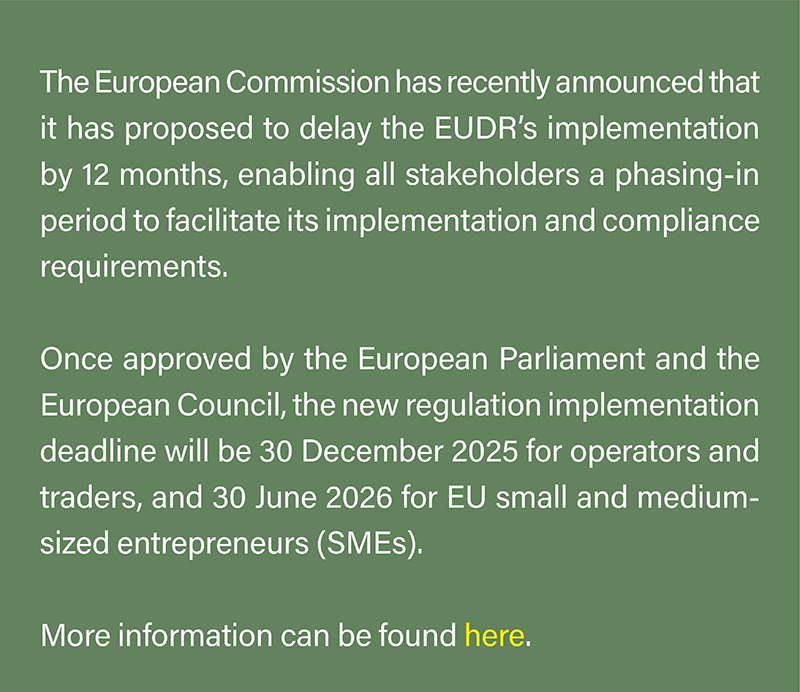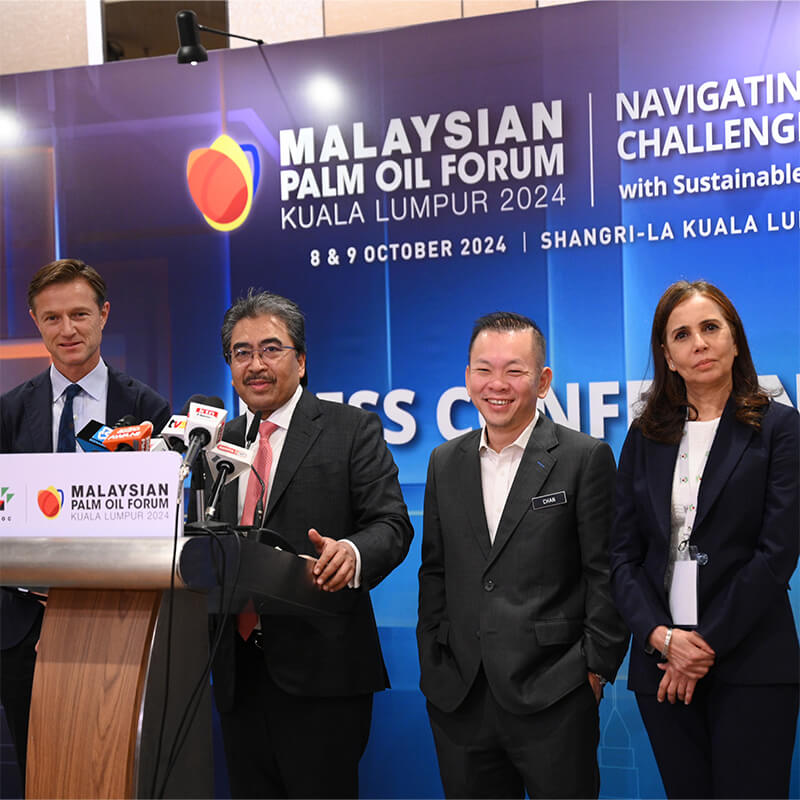The Future for MSPO in Europe: New Analysis Shows How EU Can Formally Accept Certification Standards for Palm Oil
Analysts identify options for the EU to formally accept Malaysia’s MSPO certification scheme. While compliant with EU deforestation rules, Malaysia urges extending the December 2024 deadline to protect small farmers and ensure market access.
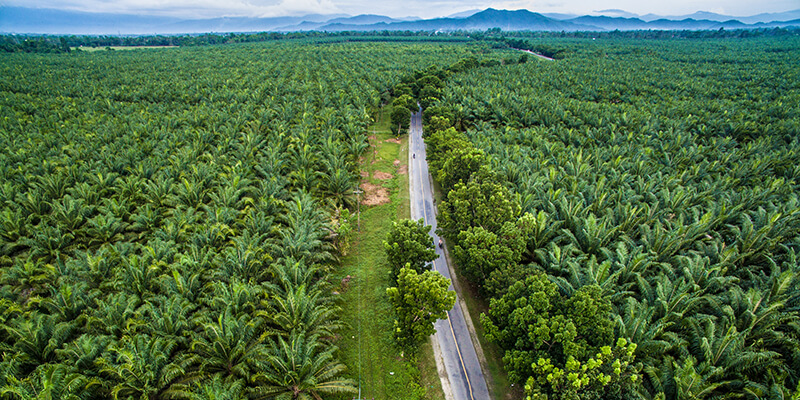
A new Expert Paper from European Analysis Implement Economics has identified several options for the European Union to formally accept the Malaysian Sustainable Palm Oil (MSPO) certification scheme as a compliance mechanism for the European Union Deforestation Regulation (EUDR).
MSPO already meets and complies with the EUDR as confirmed in a separate assessment undertaken by European sustainability auditor Pierre Bois d’Enghien earlier this year.
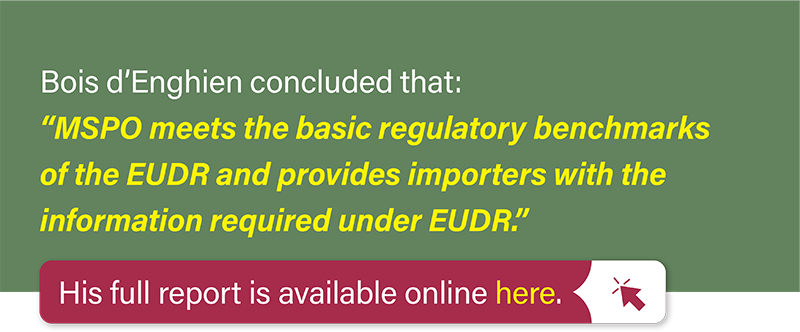
This means that the question is not whether MSPO should be formally accepted by the EU Commission – but how that process could be executed in practice.
The findings from the Copenhagen-based Implement Economics team assess that the EU and Malaysia should pursue five available paths for formal acceptance of MSPO, confirming Malaysian exporters’ ability to meet EU deforestation standards.
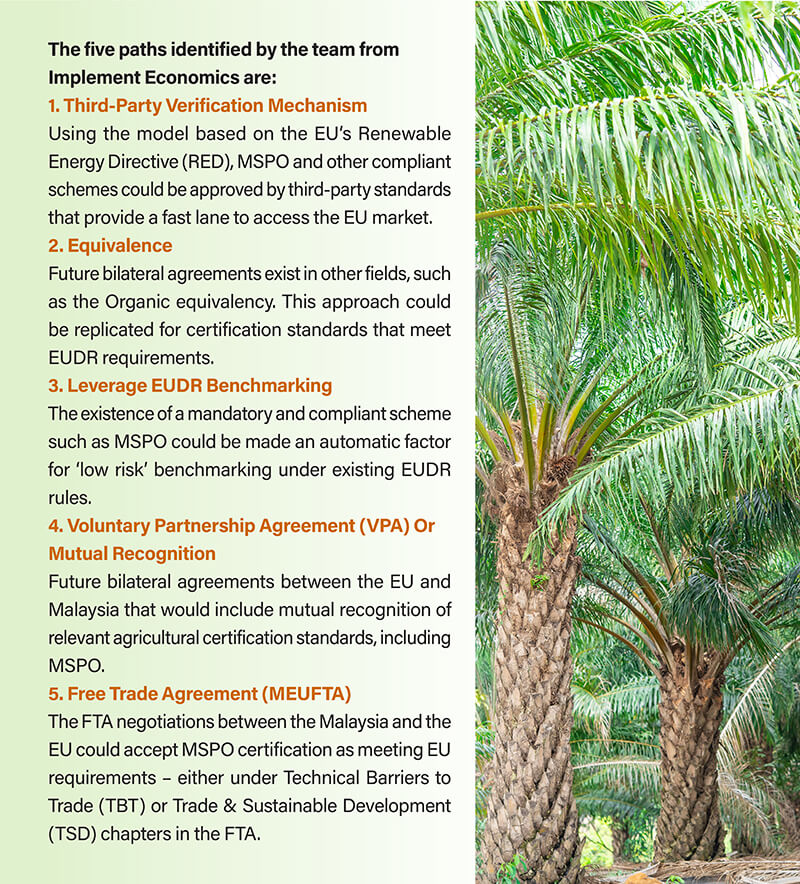
The analysis concludes by addressing how the five options can be moved forward as part of the broader EU-Malaysia relationship.
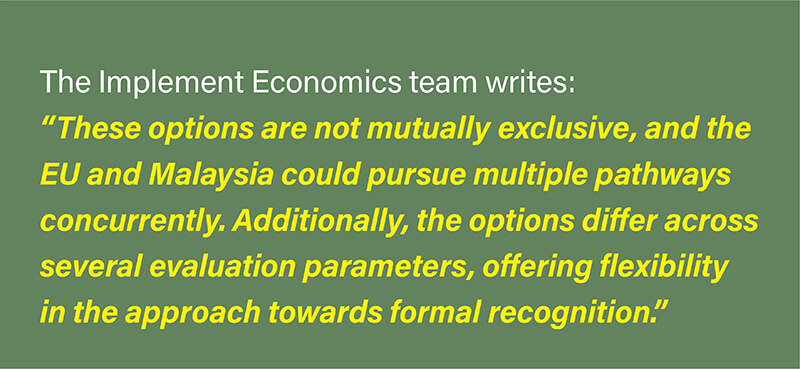
Many of the pathways identified in this new Report will be discussed in Brussels in the coming months:
- Delegated acts under EUDR, including benchmarking, are already being prepared.
- Review of some core EUDR elements will begin in 2025.
- Free trade negotiations between the EU and Malaysia.
Each of these developments represents an opportunity to advance MSPO’s case for acceptance.
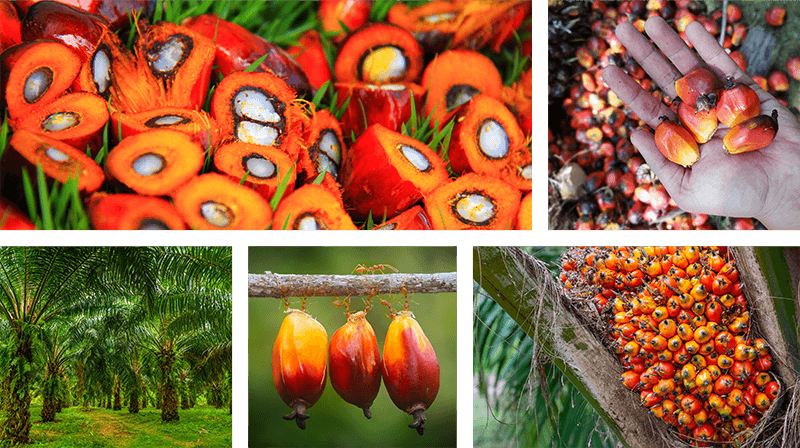
Updates of the 3rd EUDR Ad Hoc Joint Task Force (JTF) Meeting, 12 September 2024, Brussels
At the recent 3rd EUDR Joint Task Force (JTF) Meeting in Brussels, Malaysia and Indonesia voiced concerns about the EUDR’s impact on smallholders, particularly regarding stringent geolocation requirements. While Malaysia has made significant progress with its traceability systems, such as Sawit Intelligent Management System (SIMS), Geopalm portal, and MSPO Trace, smallholders remain at risk of exclusion from the EU supply chain.
According to MPOC CEO Belvinder Sron, the rigid deadline must account for small farmers’ operational challenges and risks significant disruption to global supply chains. Malaysia advocates for recognising the MSPO certification as a compliant standard under the EUDR, ensuring that sustainable, deforestation-free palm oil can access the European market without disproportionately affecting small-scale producers. Malaysia has consistently highlighted the discriminatory nature of the EUDR, which disproportionately affects developing nations.

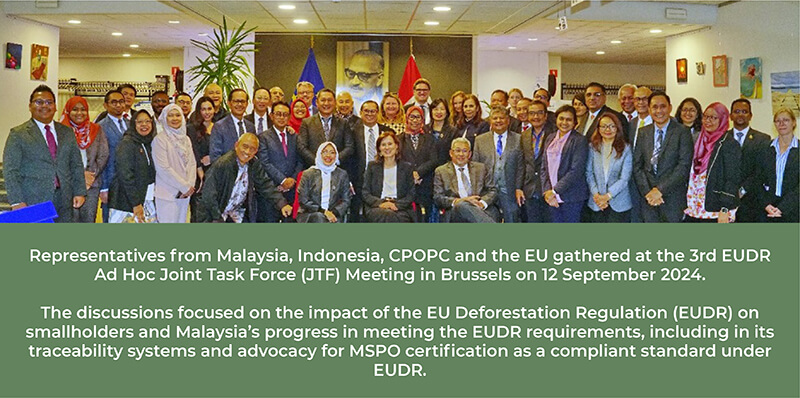
The approaching December 2024 deadline fails to account for palm oil producers’ operational and technical challenges. A range of governments, industries, and experts within Europe and globally have echoed Malaysia’s stance, supporting a delay to allow for a more practical and inclusive implementation.
The EU is urged to establish clear criteria to classify sustainable commodities such as Malaysian palm oil as “low risk”. The formal recognition of MSPO certification as a compliance tool under the EUDR would further facilitate market access for sustainable, zero-deforestation palm oil, ensuring that smallholders are not unfairly burdened.
